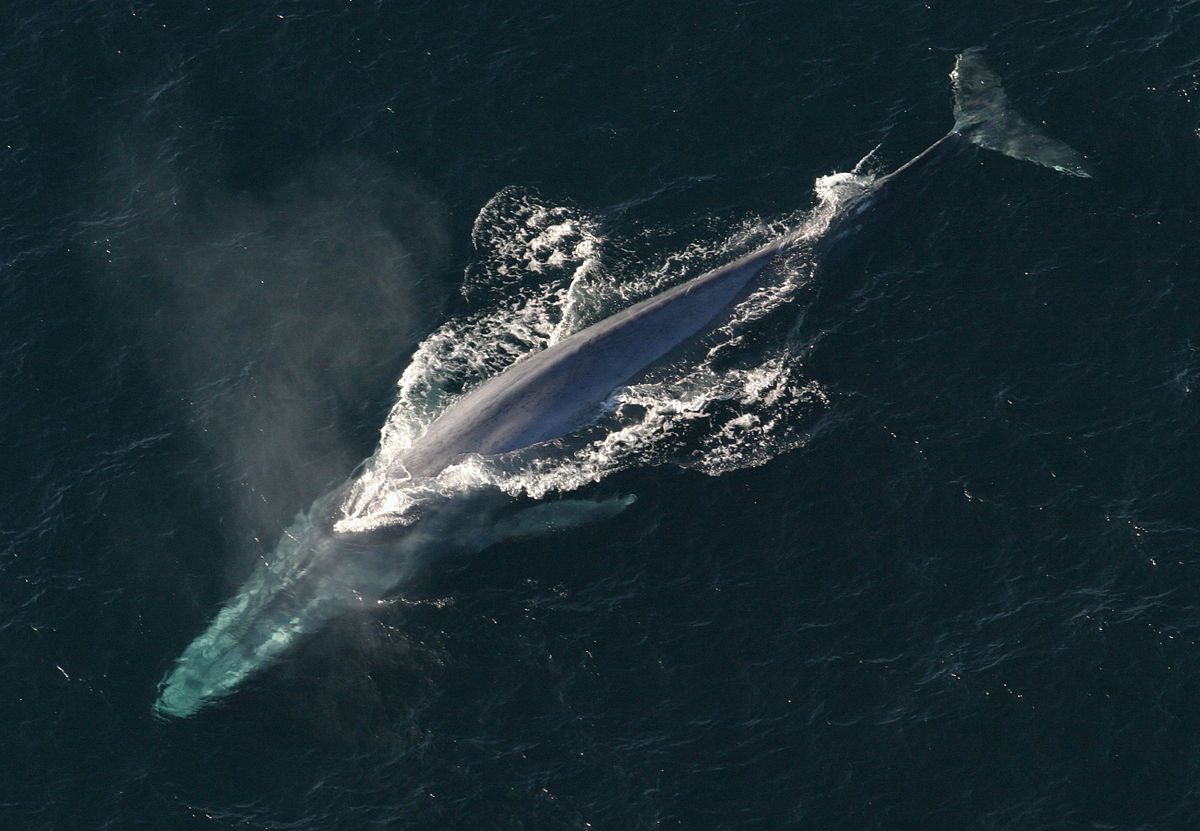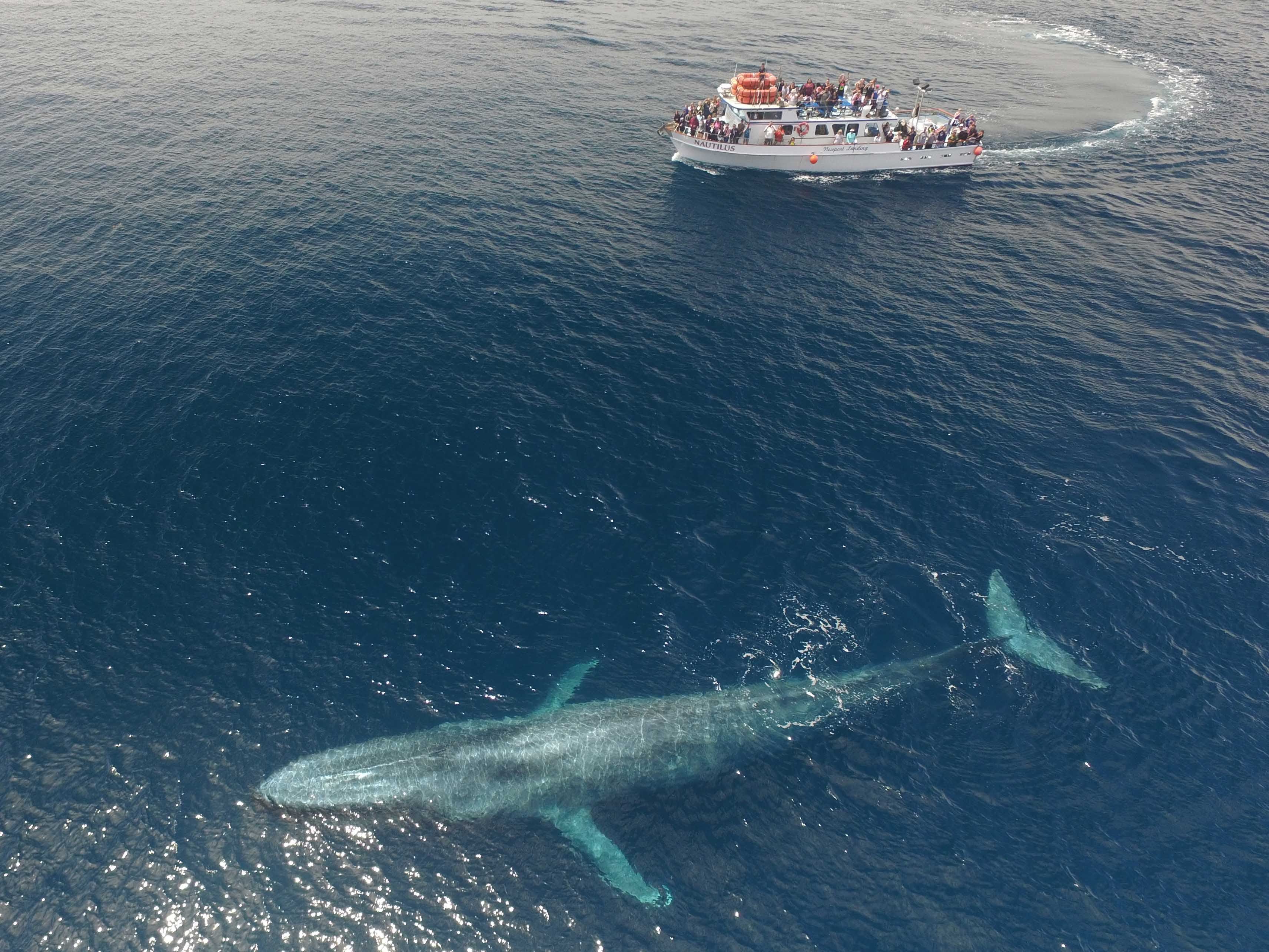A stunning discovery - scientists at the University of Stanford in California say they have recorded the heart rate of a blue whale for the first time.
They say they tagged a blue whale in Monterey Bay and, after monitoring the massive mammal, were able to successfully hear and capture its beating heart.
3 First Known Recording Of A Blue Whale's Heart Rate
After measuring the heart rates of diving emperor penguins and captive whales, researchers from the University of Stanford decided to try to measure the heart rates of wild whales. Using suction cups, biologists attached electronic sensors to a blue whale's left flipper to measure its heart rate. They say it resulted in surprising findings.
Researchers found that when the blue whale is diving for food, its heart rate lowered to as little as two beats per minute. At the very bottom of one of those dives, the whale's heart rate increased to about 2.5 times the minimum and then dropped again, only increasing when the whale began to surface.
2 What The Findings Mean
According to the data collected, the blue whale's highest heart rate was recorded at the surface - between 25 and 37 beats per minute. Compare that to a human's 60 t0 100 beats per minute. Researchers say that's because the mammal is breathing and restoring oxygen levels when it comes above water.
They say the data indicates a blue whale's heart is working at its maximum capacity when at the surface, and may explain why they have never evolved to be bigger, despite already being the largest mammal thought to exist. Researchers also said the whale's highest heart rate came close to beating predictions, but their lowest heart rate was up to 50 per cent slower than expected.
1 What Comes Next
The lead researchers on the project say the ability to study a blue whale's heart rate opens the door to a much greater understanding of how they are able to perform some of the most amazing feats of diving and exercise.
Scientists are now hoping to try the tag on other whales, such as humpbacks, minke and fin whales. Sperm and bowhead whales go on even longer dives than blue whales, so what does this new data signal about their heart rates? Scientists are also asking the question: if the blue whale's maximum heart rate sits between 25 and 30 beats per minute, could a cardiovascular system even support anything larger than the 400,000 mammal?
Sources: sciencedaily.com, cnn.com, newscientist.com, discovermagazine.com



